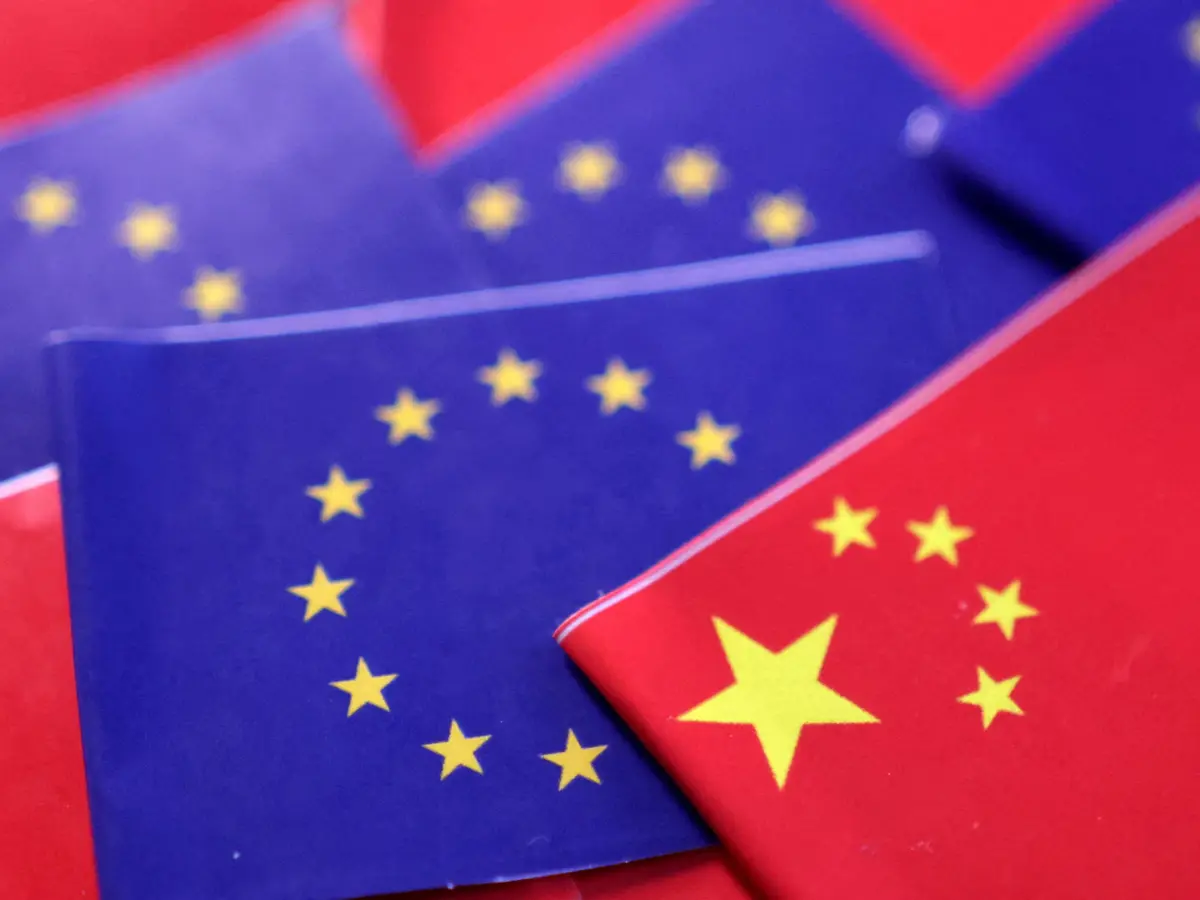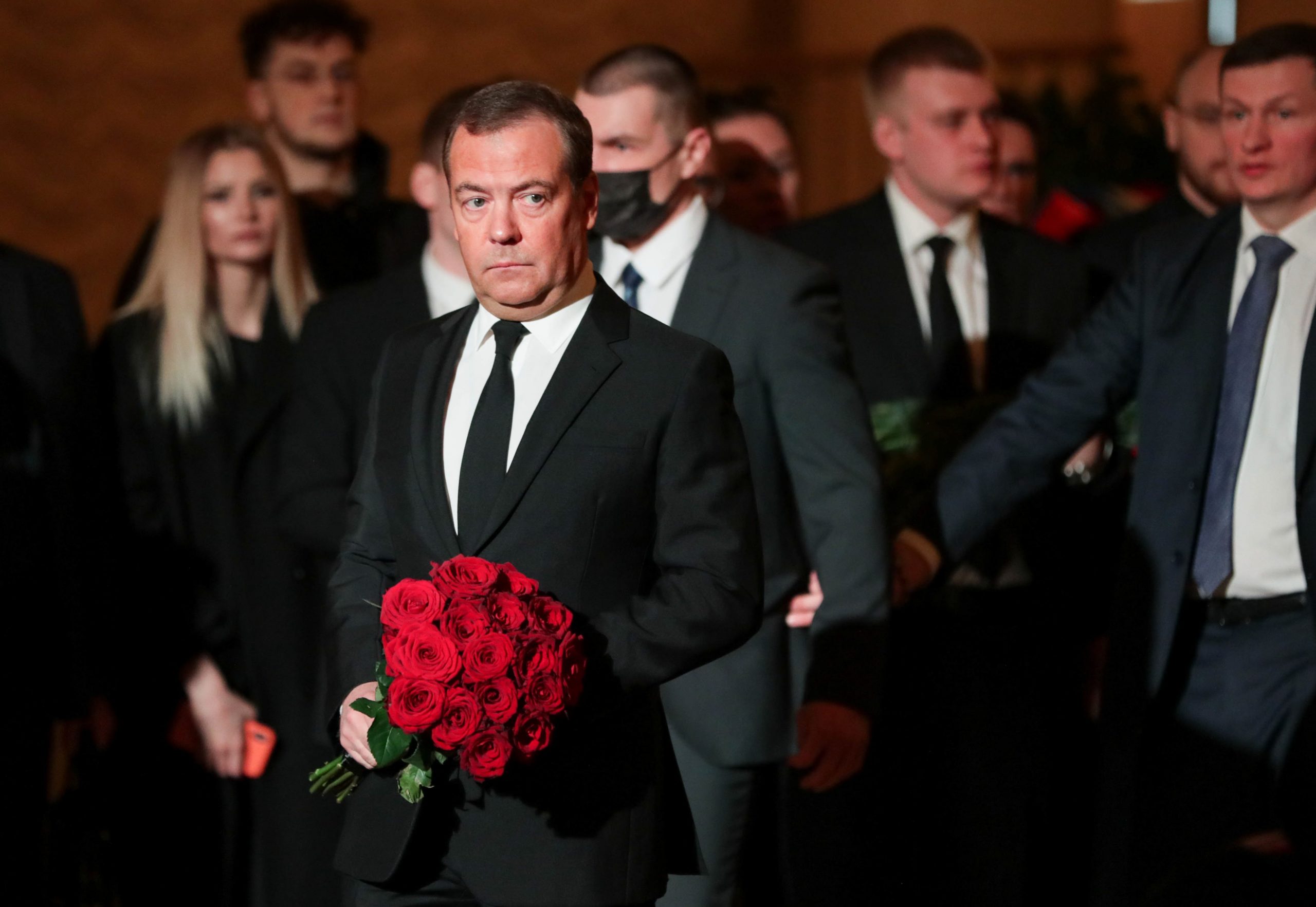Jul 21, 2025
China has issued a stern warning to the European Union, promising retaliation after Brussels sanctioned two Chinese banks and five companies for allegedly helping Russia circumvent Ukraine war-related sanctions. The European Union’s new sanctions package, announced last Friday, included Heihe Rural Commercial Bank and Heilongjiang Suifenhe Rural Commercial Bank, both accused of providing cryptocurrency services that undermined EU restrictions on Moscow.
The move marks the first time Chinese banks have been added to the EU sanctions list since Russia’s 2022 invasion of Ukraine, intensifying tensions between the bloc and Beijing. According to Bloomberg, the banks were included for processing crypto-based transactions and for providing financial support to Russian entities already under EU sanctions.
China’s Ministry of Commerce responded on Monday, condemning the EU sanctions as actions that “seriously harmed trade, economic and financial ties.” The ministry said it would take “necessary steps” to protect the “legitimate rights and interests” of Chinese firms.
The sanctioned banks could not be immediately reached for comment, Reuters reported.
In June, ahead of the sanctions, China had already protested the EU’s plan. Foreign Ministry spokesperson Lin Jian had said that “normal exchanges and cooperation between Chinese and Russian companies are consistent with WTO rules” and “should not be disrupted or affected.”
Beijing also stepped up diplomatic efforts behind the scenes. As per the South China Morning Post, China’s ambassador to the EU lobbied European officials to drop the proposal. But Brussels went ahead, escalating the fallout.
China caught in crossfire of Russia sanctions
From energy to banking, China’s close ties with Russia have come under increasing scrutiny from both the EU and the United States. This is not the first time Chinese banks have been impacted. In 2023, the US authorised secondary sanctions on foreign financial institutions that assist Russia, prompting several Chinese lenders to scale back ties.
According to Bloomberg, state-owned giants like ICBC and Bank of China had already begun restricting financing for Russian commodities as early as 2022, wary of losing access to the US dollar clearing system. The EU’s latest action builds on growing concerns that crypto tools and opaque financial channels are being used to bypass Western sanctions, with Chinese entities playing a key role.
What happens next?
Attention will now turn to how China retaliates. Foreign Minister Wang Yi had earlier warned of consequences if Chinese banks were sanctioned. Beijing could target European firms operating in China or implement countermeasures via its cybersecurity and export control laws, experts suggest.
The escalating row comes at a time when China–EU ties are already strained, over issues ranging from electric vehicle tariffs to tech transfer rules. As geopolitical fault lines deepen, Brussels appears ready to hold Beijing accountable for any role in supporting Moscow’s war machine, directly or indirectly.

 www.wionews.com
www.wionews.com
China has issued a stern warning to the European Union, promising retaliation after Brussels sanctioned two Chinese banks and five companies for allegedly helping Russia circumvent Ukraine war-related sanctions. The European Union’s new sanctions package, announced last Friday, included Heihe Rural Commercial Bank and Heilongjiang Suifenhe Rural Commercial Bank, both accused of providing cryptocurrency services that undermined EU restrictions on Moscow.
The move marks the first time Chinese banks have been added to the EU sanctions list since Russia’s 2022 invasion of Ukraine, intensifying tensions between the bloc and Beijing. According to Bloomberg, the banks were included for processing crypto-based transactions and for providing financial support to Russian entities already under EU sanctions.
China’s Ministry of Commerce responded on Monday, condemning the EU sanctions as actions that “seriously harmed trade, economic and financial ties.” The ministry said it would take “necessary steps” to protect the “legitimate rights and interests” of Chinese firms.
The sanctioned banks could not be immediately reached for comment, Reuters reported.
In June, ahead of the sanctions, China had already protested the EU’s plan. Foreign Ministry spokesperson Lin Jian had said that “normal exchanges and cooperation between Chinese and Russian companies are consistent with WTO rules” and “should not be disrupted or affected.”
Beijing also stepped up diplomatic efforts behind the scenes. As per the South China Morning Post, China’s ambassador to the EU lobbied European officials to drop the proposal. But Brussels went ahead, escalating the fallout.
China caught in crossfire of Russia sanctions
From energy to banking, China’s close ties with Russia have come under increasing scrutiny from both the EU and the United States. This is not the first time Chinese banks have been impacted. In 2023, the US authorised secondary sanctions on foreign financial institutions that assist Russia, prompting several Chinese lenders to scale back ties.
According to Bloomberg, state-owned giants like ICBC and Bank of China had already begun restricting financing for Russian commodities as early as 2022, wary of losing access to the US dollar clearing system. The EU’s latest action builds on growing concerns that crypto tools and opaque financial channels are being used to bypass Western sanctions, with Chinese entities playing a key role.
What happens next?
Attention will now turn to how China retaliates. Foreign Minister Wang Yi had earlier warned of consequences if Chinese banks were sanctioned. Beijing could target European firms operating in China or implement countermeasures via its cybersecurity and export control laws, experts suggest.
The escalating row comes at a time when China–EU ties are already strained, over issues ranging from electric vehicle tariffs to tech transfer rules. As geopolitical fault lines deepen, Brussels appears ready to hold Beijing accountable for any role in supporting Moscow’s war machine, directly or indirectly.

China retaliates after EU sanctions its banks for aiding Russia
Tensions are escalating as Beijing close ties with Russia come under scrutiny, with potential retaliatory actions against European firms and reliance on cybersecurity laws suggested.









